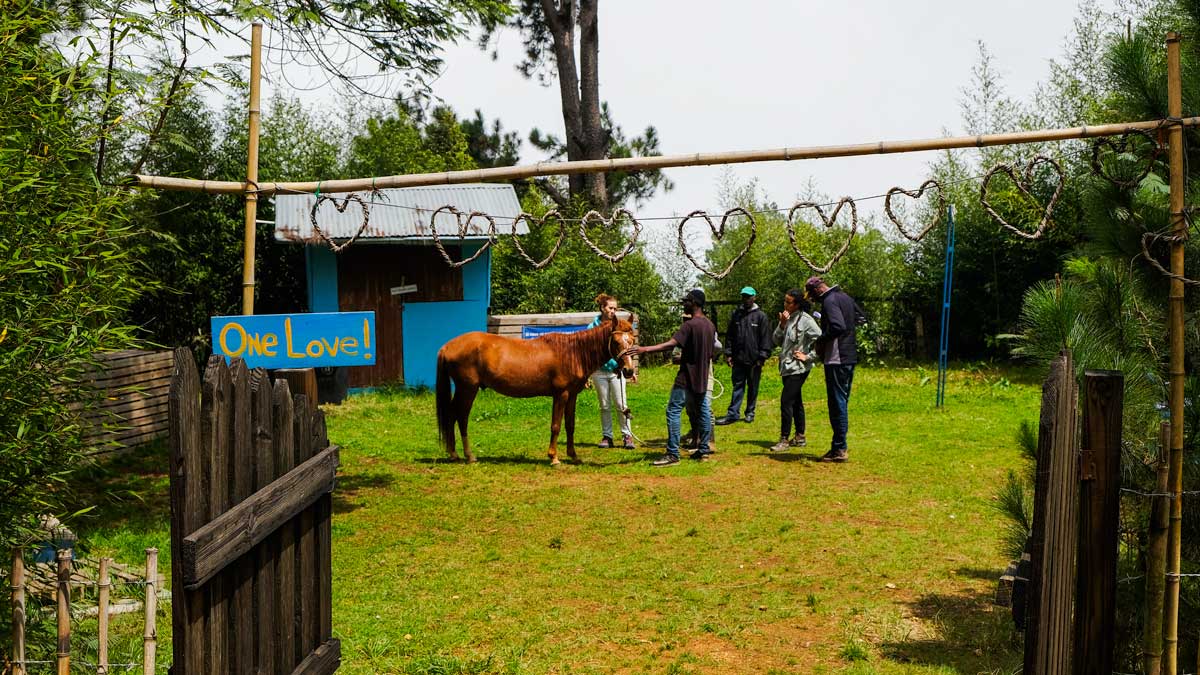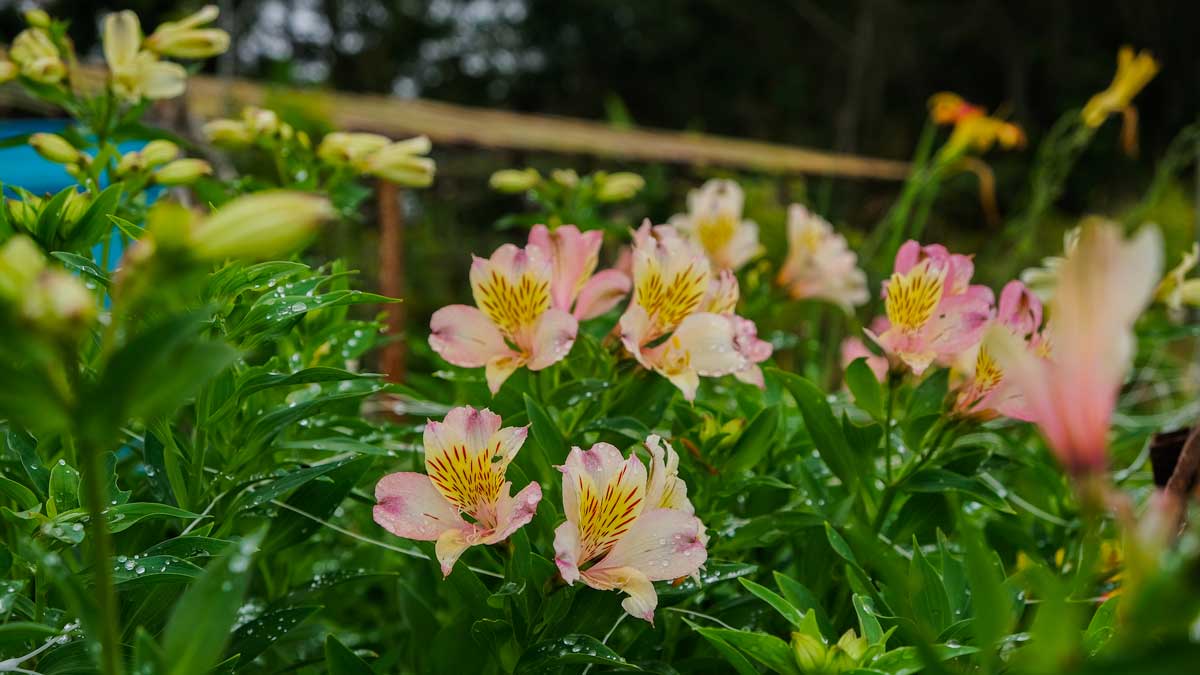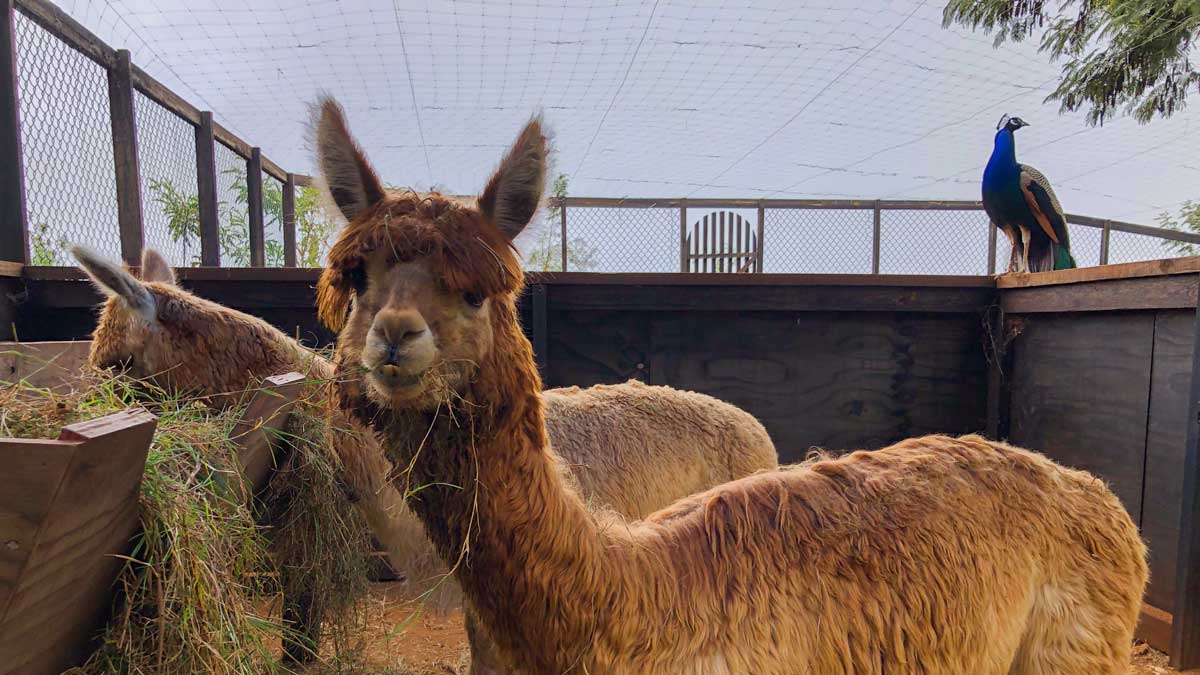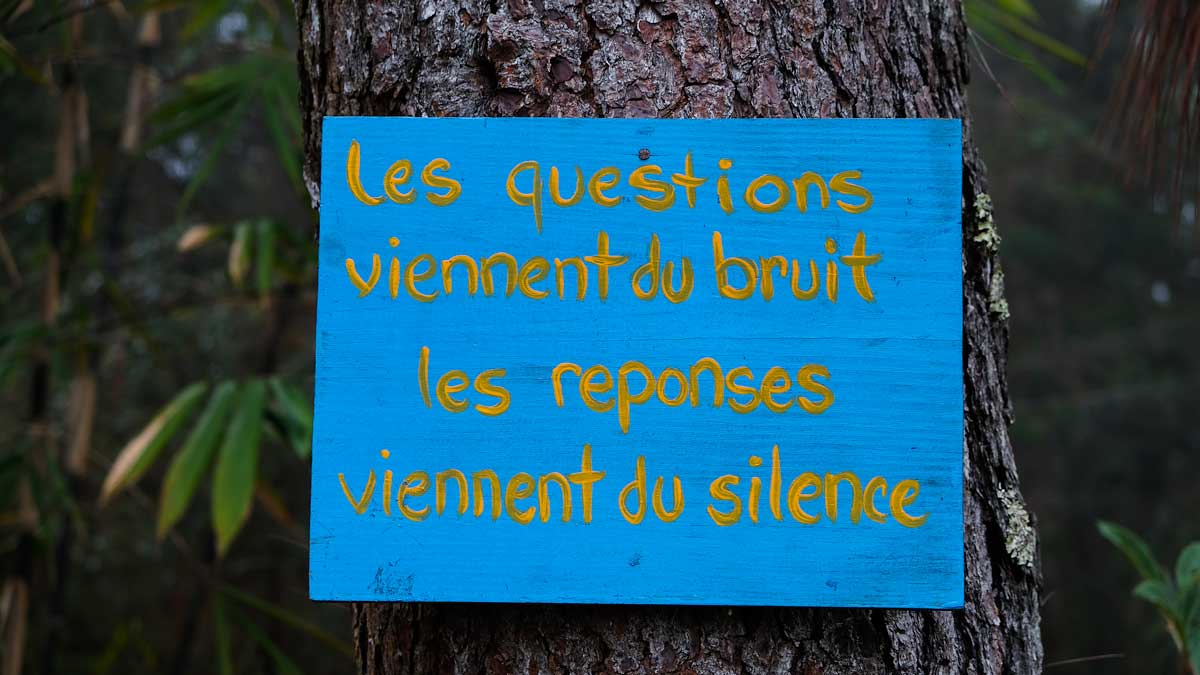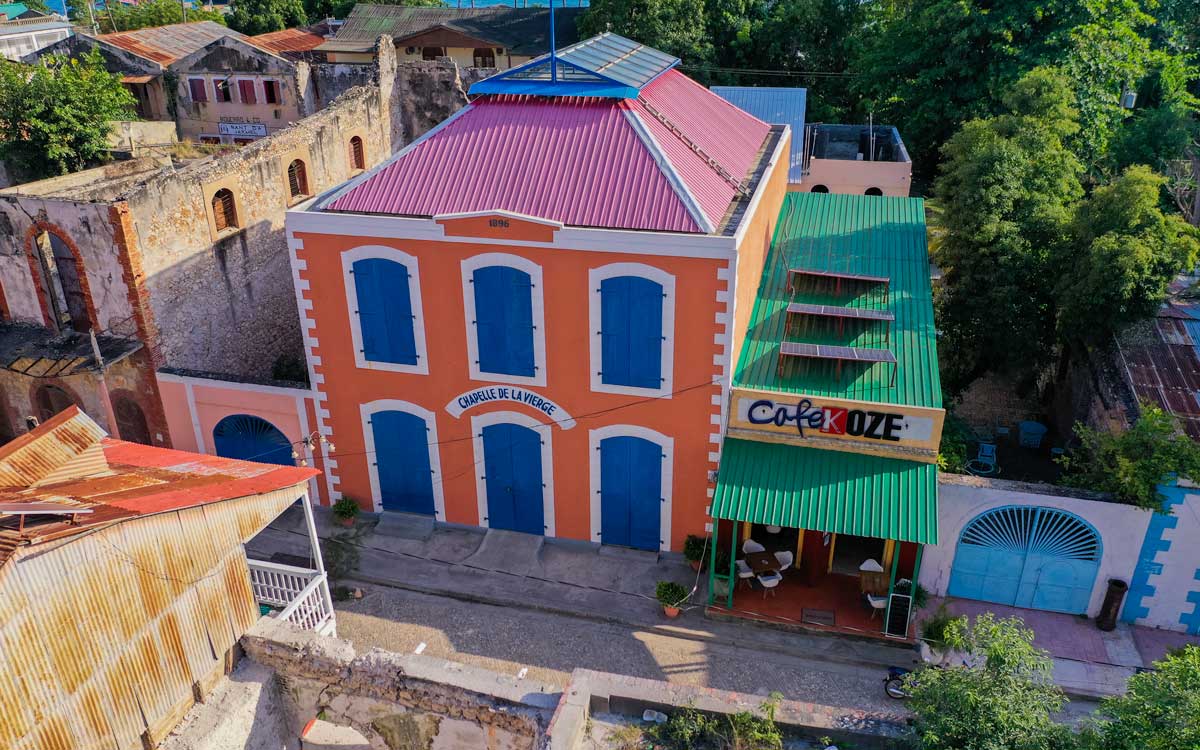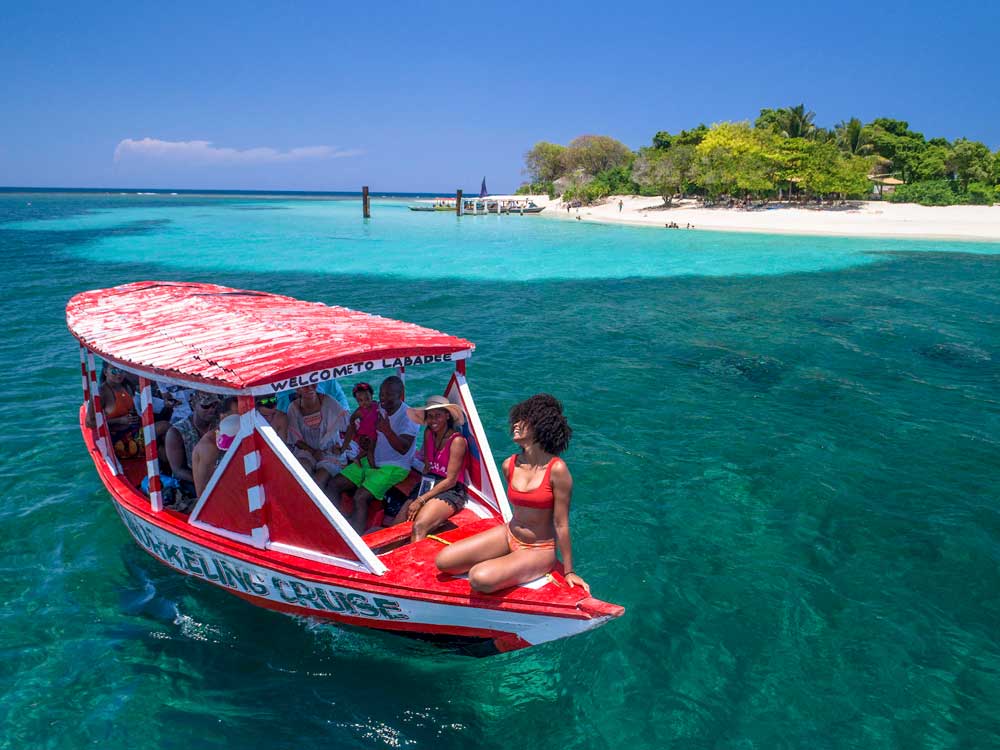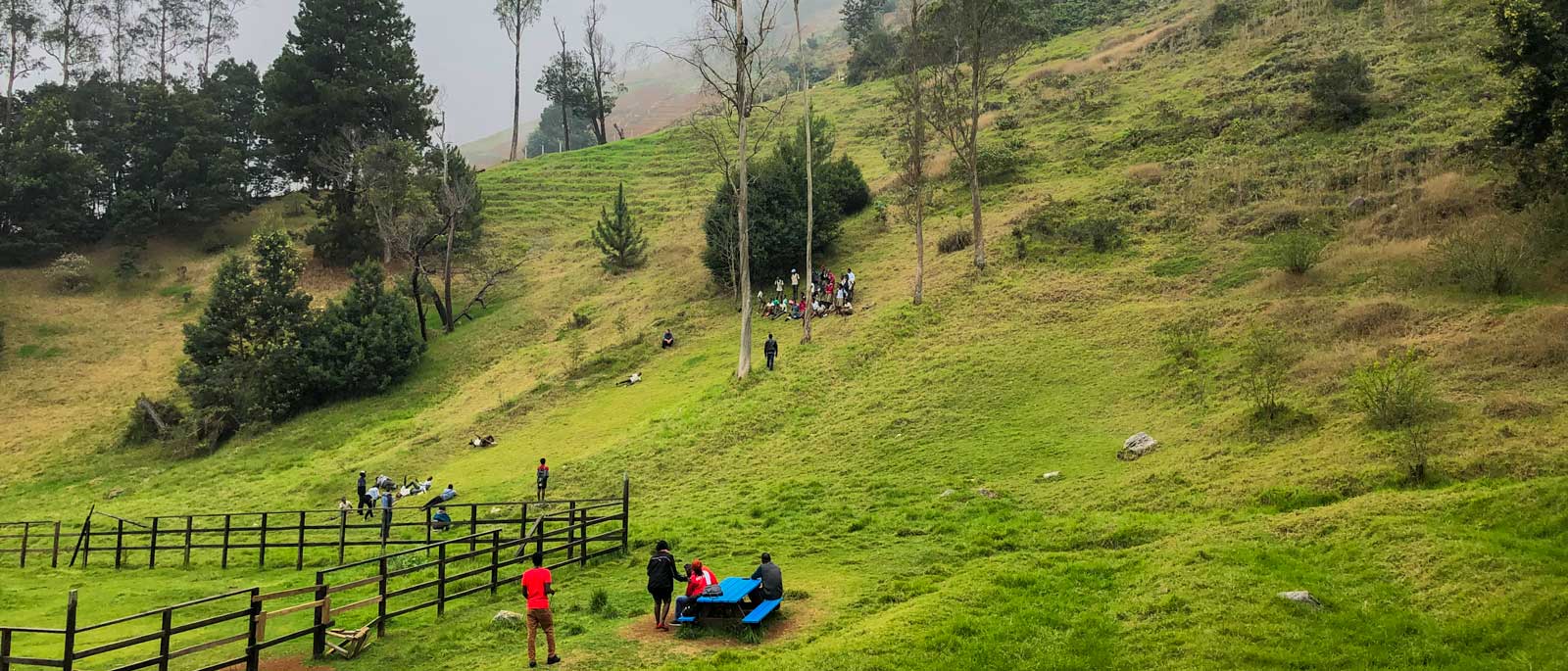
Photo: Anton Lau
Explore Haitian Nature at Wynne Farm Ecological Reserve
Tucked into the foothills of the Chaîne de la Selle mountain range, Wynne Farm Ecological Reserve is a successful sustainability initiative where visitors can get up close and personal with nature in Haiti.
The surrounding township of Kenscoff is located an impressive 6000 feet above sea level – that’s the same elevation as Ethiopia’s coffee farms! This altitude has created unique challenges for the local farmers who live in these foothills, and farming techniques imported from eighteenth-century Europe have not provided sustainable solutions to those challenges. As is the case across Europe, Australia and the Americas, the natural abundance of the Kenscoff region found itself losing the battle against erosion and deforestation.
Striving for sustainable solutions
At least, that was, until the 1950s, when Wynne Farm Ecological Reserve was established to explore innovative agricultural techniques capable of adapting to the unique conditions. An American civil engineer named Victor Ainsley Wynne oversaw the early days of the Farm, stitched together 30 acres out of a patchwork of smaller plots of farmland purchased from local farmers.
Together with a crew of 40 dedicated men, Wynne used this new wide open space to preserve and proliferate several species indigenous to the Haitian landscape, and planted alongside them many new breeds of trees, fruits and vegetables imported from around the world.
Wynne Farm in Kenscoff
Photo: Franck Fontain
Now a nature reserve
In recent decades Wynne Farm has evolved into the Wynne Farm Ecological Reserve, signalling a strong intention to protect this much-needed public green space into the future. Haitians are increasingly seeing the value of protected spaces, and visiting this Reserve affords an excellent opportunity to see an early example and encourage more protection of Haiti’s natural heritage.
Get involved
As such, Wynne Farm Ecological Reserve is a national focal point for environmental education, and offers a variety of ways to get involved. Guests can volunteer and participate in local afforestation projects by planting trees, or overload on cuteness at the animal sanctuary. You won’t find any wildlife living in captivity here – instead, you can get up close with the domesticated animals that live and work on Wynne Farm. You can even go horse-riding.
One of the few ways to go horse-riding in haiti, this activity is adapted to suit your level. While everyone has to pay for initial supervised classes to get comfortable with the horses, experienced rider are then allowed to strike out on their own. It’s best to book ahead of time to ensure you’ll have a horse when you get there, but as long as a suitable horse is free it’s easy to sign up on the day.
To get more out of a visit to Wynne Farm, guests can stay on site in comfortable accommodation. It’s worth it if only for the luxury of that first-thing-in-the-morning sip of hot coffee in the crisp mountain air. You can overnight in your own tent, a rented tent, or in a cabin.
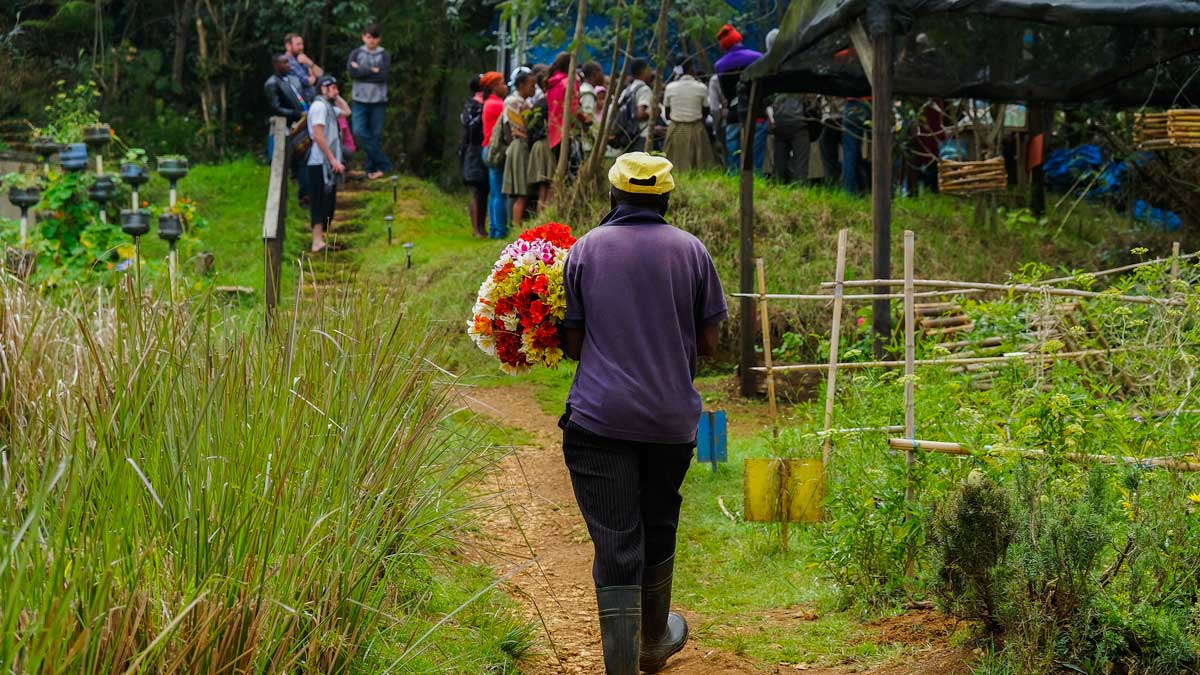
Photo: Franck Fontain
Support sustainable farming
If you’d like to see more ecological reserves on Haiti, you can support Wynne Farm by making a donation. You can donate directly at the reserve, but you can also buy a membership in advance, guaranteeing free entrance when you visit. Membership is available for adults and children, in Bronze, Silver, Gold, and Platinum levels. Wynne Farm also gives visitors the opportunity to donate and financially support local farmers.
A small, fun and instantly gratifying way to donate is to pay $5 to plant a tree at the farm!
Written by Kelly Paulemon.
Published November 2018
Find Wynne Farm
External Links
Find out more about Wynne Farm
Check out the latest visitor reviews

Our recommendations
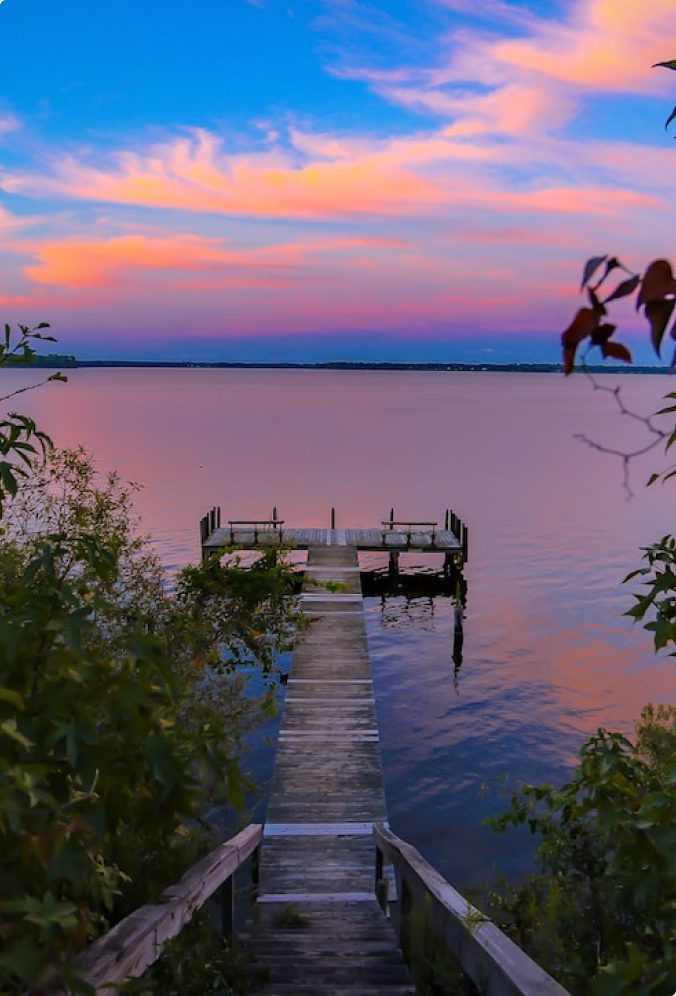
Paradise for your inbox
Your monthly ticket to Haiti awaits! Get first-hand travel tips, the latest news, and inspiring stories delivered straight to your inbox—no spam, just paradise.


